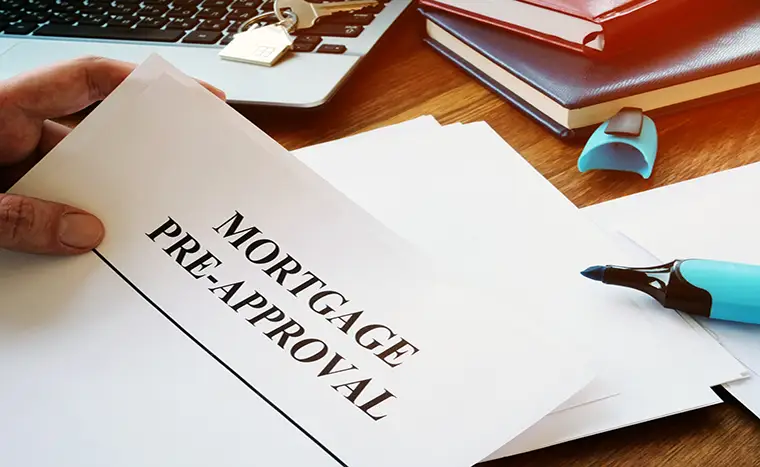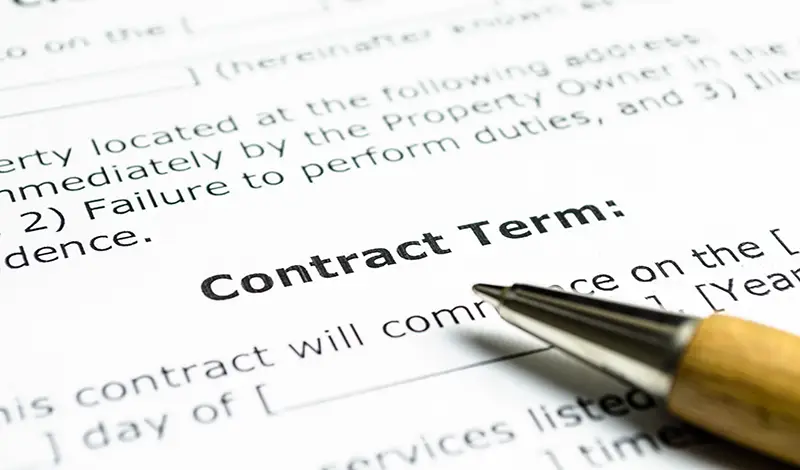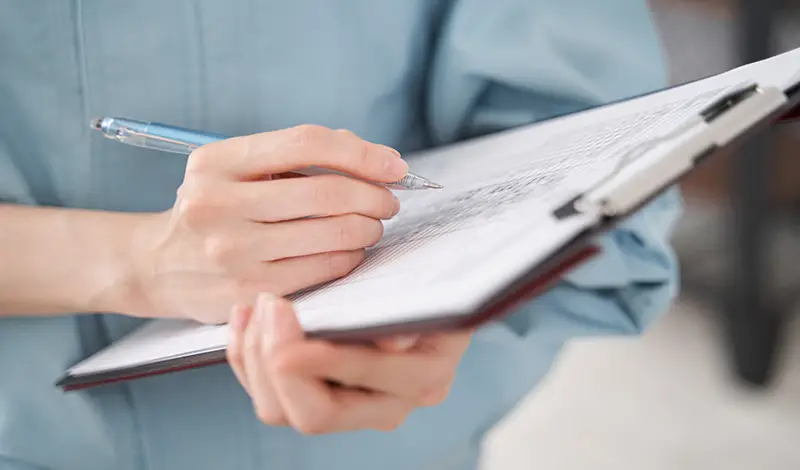Paperwork Needed to Buy a House
Published on September 4, 2024 | 7 Minute read

Melanie
Ortiz Reyes
Content Specialist
The dream of owning your own place is so close, but first, there's a mountain of paperwork to tackle. Gathering this paperwork can seem overwhelming but PrimeStreet is here to help you sort through it all, so you know exactly what you’ll need to get those keys in your hand.

1. The Pre-Approval Letter: Your Golden Ticket
Before you start scrolling through listings or daydreaming about paint colors, you’ll need a pre-approval letter from a lender. Think of this as your golden ticket, as it tells sellers you’re serious and financially ready to buy. To get this letter, your lender will ask for:
- Income Proof: This usually means recent pay stubs and W-2s. If you’re self-employed, be prepared to provide tax returns.
- Asset Statements: This includes your bank account statements, investments, and anything else that shows you’ve got the funds for a down payment.
- Credit History: Your lender will run a credit check to see how well you manage debt.
- ID Verification: A simple government-issued ID like a driver’s license or passport will do the trick.
Once the lender reviews all this, they’ll give you a pre-approval letter that states how much they’re willing to lend you. It’s a great way to know your budget and shows sellers you mean business.
2. Mortgage Application
So, you’ve finally found your dream home! Now it’s time to make things official by applying for a mortgage. This application is a detailed look at your finances. Here’s what you’ll need:
- Employment Verification: Your lender might contact your employer or ask for recent pay stubs.
- Tax Returns: Usually, the last two years’ worth of tax returns are needed to confirm your income consistency.
- Bank Statements: Recent statements from your checking and savings accounts will show that you’re financially stable.
- Debt Overview: You’ll need to list any debts you have, like student loans, car payments, or credit cards.
The lender will use this info to decide how much they can loan you, what your interest rate will be, and other important terms of your mortgage.

3. Purchase Agreement
Once your offer is accepted, you’ll sign a purchase agreement. This is the contract between you and the seller, laying out all the terms of the sale. Here’s what you can expect to find in it:
- Property Details: The full legal description of the property and its address.
- Agreed Price: The price you and the seller have agreed upon.
- Contingencies: These are conditions that need to be met for the sale to go through, like a home inspection or securing financing.
- Closing Date: This is the big day when you officially become the homeowner.
Both you and the seller will sign this document, and it’s legally binding. Make sure to go over it carefully with your real estate agent to make sure everything’s in order.
4. Home Inspection Report
While it’s not always required, getting a home inspection is a wise move. A home inspector will go through the house to check for any potential issues, from the roof to the basement. They’ll provide you with a report that details their findings.
This report can be a powerful negotiating tool. If the inspector finds any major issues, you can ask the seller to fix them or adjust the purchase price accordingly. It’s all about making sure you’re not walking into a money pit.

5. Appraisal Report: Confirming Value
Your lender will order an appraisal to ensure the home’s value matches the purchase price. An independent appraiser will evaluate the property and compare it to similar homes in the area. Their report will tell you and the lender if the price is fair.
If the appraisal comes in lower than expected, you might need to renegotiate with the seller or find a way to make up the difference. It’s a crucial step to make sure you’re not overpaying.
6. Title Report and Title Insurance
The title report shows the history of the property’s ownership and whether there are any existing liens or legal claims. You’ll want to make sure the title is “clear,” meaning no one else has a claim to it.
Title insurance is also a must. There are two types: lender’s insurance, which protects the lender, and owner’s insurance, which protects you. These policies ensure that if there’s an issue with the title down the line, you’re covered.

7. Closing Disclosure
A few days before closing, you’ll receive the closing disclosure. This document is a detailed breakdown of your mortgage, including the loan terms, interest rate, monthly payments, and all the closing costs.
You’ll want to review this document carefully and make sure everything matches what you agreed to with your lender. This is your chance to catch any last-minute discrepancies before signing on the dotted line.
8. Deed: Making It Official
The deed is the document that transfers ownership of the property from the seller to you. It’s signed by the seller and handed over to you at closing. Once the deed is recorded with the local government, you’re officially the new owner!
The deed includes the property’s legal description, the names of both the seller and the buyer, and the signatures that make it all official.

9. Homeowners Insurance Policy
Before you can close, you’ll need to have homeowners insurance in place. This policy protects your home against damage or loss from things like fires, storms, or theft. Your lender will require proof of this insurance before they finalize your mortgage.
When choosing a policy, consider the coverage options, the deductible (the amount you pay out of pocket before insurance kicks in), and the premium (the cost of the policy). It’s all about finding the right balance to protect your new investment.
10. Final Walkthrough and Closing Documents: Crossing the Finish Line
Just before closing, you’ll do a final walkthrough of the house. This is your chance to make sure everything is as it should be, meaning no unexpected damages, and any agreed-upon repairs have been completed.
On closing day, you’ll sign a stack of documents, including:
- Promissory Note: Your agreement to repay the mortgage.
- Deed of Trust or Mortgage: The document that secures the loan with the property.
- Closing Statement: A summary of the financial details of the sale.
After everything is signed and the funds are transferred, the house is officially yours! Time to celebrate and start planning your move.
Yes, buying a house involves a lot of paperwork, but each document serves an important purpose in ensuring a smooth and legal transaction. By staying organized and knowing what to expect, you can navigate the process with confidence. And remember, you can connect with a PrimeStreet agent to help guide you through it all.